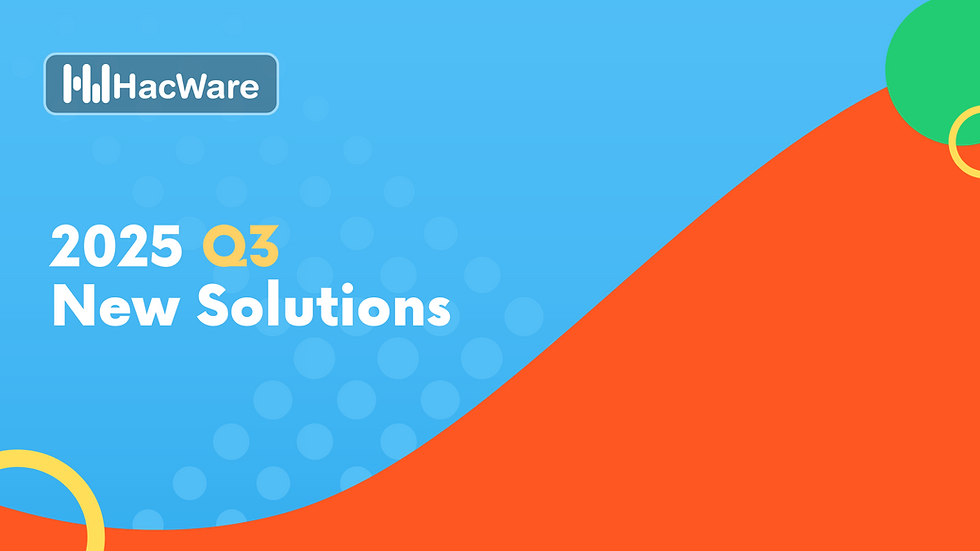How private is incognito mode?
- Jan 29, 2023
- 1 min read
Updated: Feb 1, 2023

When you're in "incognito" or "private" mode on your browser, you may not be as undercover as you thought.
While your browser may not be storing your history, cookies or site data, you're still not completely anonymous.
Keep these three not-so-private aspects of incognito or "private" mode on your browser in mind before your browse:
In incognito mode your ISP or any other third-party (like your employer or school) monitoring your connection can still see the websites you visit and any data you transmit.
Your IP address isn't hidden in this mode. Meaning it will still be visible to the websites you visit, advertisers or hackers.
You're not protected from malware or phishing while in incognito mode. Clicking a malicious link or download, or entering private information into a phishing site will have the same consequences as if you were browsing normally.
It's important to note that incognito mode does not encrypt your data. So if you're on an unsecured network, like many public Wi-Fi networks, your activity could still be intercepted.
For more private browsing:
Use a VPN
Clear your cookies and cache regularly
Try using a security-focused browser.
Share this video to spread awareness about the privacy risks of incognito browsing:
Learn more about HacWare If you are a Managed Service Provider (MSP), Managed Security Service provider (MSSP) or IT professional, we would love to automate your security education services. Learn more about becoming a partner!



